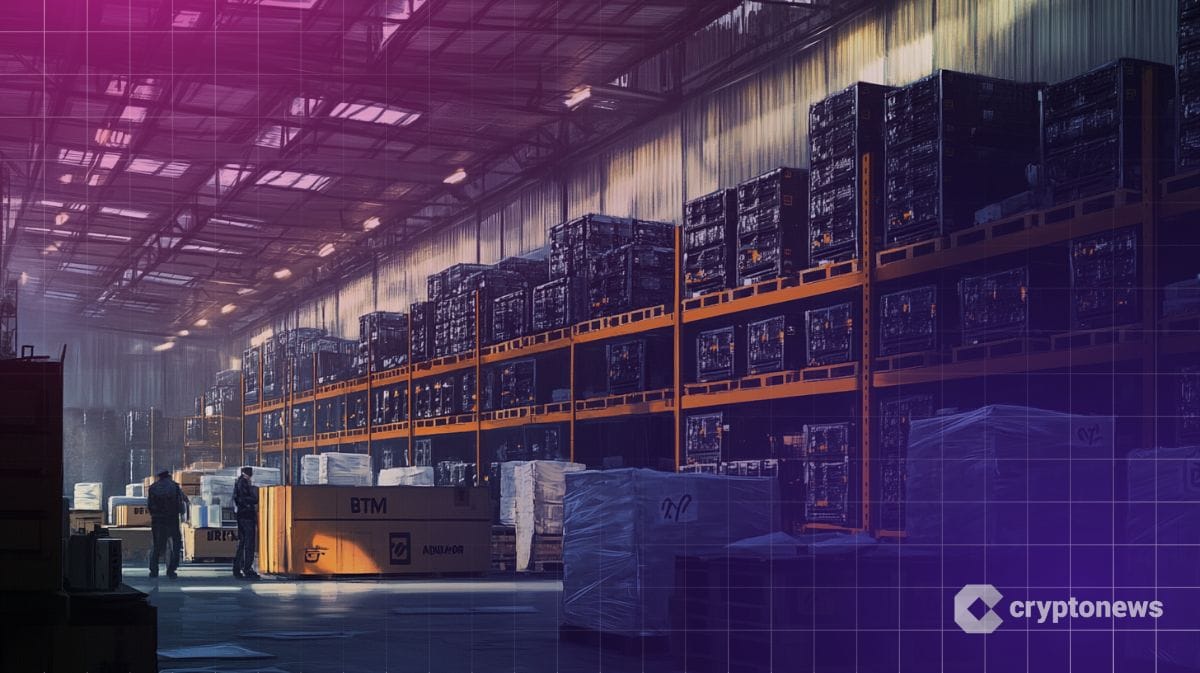Contents
In 2021, El Salvador became the first country in the world to adopt Bitcoin as legal tender, catapulting itself into the global spotlight. President Nayib Bukele’s Bitcoin Law promised a revolutionary economic transformation—from tackling financial exclusion to reducing remittance costs and fostering digital innovation. For a nation where over 70% of the population lacked access to traditional banking, this bold experiment offered a potential lifeline.
But the road has been anything but smooth. Critics raised concerns about Bitcoin’s volatility and its potential risks to economic stability, while supporters saw it as a pathway to financial inclusion and technological advancement.
As of the end of 2024, El Salvador’s gamble began to show signs of tangible benefits: national reserves bolstered by Bitcoin’s rising value, increased tourism, and a burgeoning reputation as a crypto-friendly destination. Yet, beneath these gains lies a more nuanced story of challenges, missteps, and lessons learned. This account offers insights for other nations considering similar policies—balancing ambition with adaptability.
The Backstory: A Vision for Change
Before Bitcoin earned the national spotlight as legal tender, El Zonte, a small town in El Salvador, was the quiet testing ground for the cryptocurrency’s possibilities. An anonymous U.S. donor funded a local initiative in 2019 that encouraged the community’s residents to use Bitcoin to pay for essentials like groceries, utilities, and medical care while businesses adapted to accept cryptocurrency payments. In 2022, approximately 90% of families in El Zonte have conducted Bitcoin transactions, and local youths earn Bitcoin through community development projects.
President Bukele built on the success of this initiative and set his sights on something bigger. In June 2021, he unveiled the Bitcoin Law via an enthusiastic tweet announcing its approval by the Salvadoran Congress. This law made Bitcoin a legal currency alongside the U.S. dollar, ushering in a dual-currency system.
Bukele claimed he wasn’t just chasing headlines—his vision was about tackling deep-rooted problems in the country. One of which was financial exclusion. He claimed that over 70% of Salvadorans didn’t have access to traditional banking services.
Another key motivation was remittances; they constitute nearly 20% of El Salvador’s GDP, and millions of dollars are spent annually on transaction fees. Bitcoin’s promise of near-instant, low-cost cross-border transfers was particularly appealing. By bypassing traditional intermediaries, the government aimed to put more money directly into the hands of its citizens.
Beyond immediate financial benefits, Bukele envisioned El Salvador as a global hub for cryptocurrency innovation.
Reaping Benefits
With Bitcoin’s price surpassing $100,000, the government’s holdings of 5,955 coins appreciated significantly, providing a much-needed boost to national reserves. This windfall reinforced confidence in Bukele’s gamble and offered fiscal relief in a country long plagued by economic challenges.
The country’s pioneering stance on cryptocurrency also attracted a wave of foreign investment and tourism. Digital nomads and crypto enthusiasts flocked to El Salvador, drawn by initiatives like Bitcoin City and tax incentives for crypto businesses. The tourism sector saw a notable revival, with a reported 3.9 million visitors in 2024—a 22% increase from the previous year.
The Other Side of the Story
El Salvador’s bold leap into the world of Bitcoin as legal tender has been anything but smooth. While the initiative grabbed headlines and sparked global debate, its real-world impact paints a mixed picture.
Struggles with Adoption
Despite the government’s ambitious goals, Bitcoin adoption among Salvadorans has lagged significantly behind expectations. This lack of sustained interest was compounded by low merchant adoption—only 20% of businesses in the country accept Bitcoin. For many merchants, the currency’s volatility and complexity make it an impractical choice, with the U.S. dollar offering far more stability and reliability.
Small businesses, already operating on razor-thin margins, found Bitcoin integration challenging. The technical requirements, combined with the risk of sudden value fluctuations, made it an unattractive option. For these enterprises, sticking with the familiar stability of the U.S. dollar felt like the safer, more practical choice.
To drive adoption, the government introduced the Chivo Wallet, a state-sponsored digital wallet sweetened with a $30 Bitcoin giveaway for every citizen who signed up. Many cashed out the bonus almost immediately. For a population where disposable income is scarce, speculative assets like Bitcoin can feel more like a gamble than a lifeline.
Also, the wallet’s launch was marred by technical problems, including glitches, transaction delays, and security concerns. These issues eroded public trust and left many users frustrated. A National Bureau of Economic Research (NBER) study revealed that while 54% of Salvadorans downloaded the wallet, only 20% continued using it.
The Knowledge Gap
Another hurdle to Bitcoin’s success lies in the population’s limited understanding of cryptocurrency. Digital literacy levels are low, especially in rural areas, making it difficult for many Salvadorans to navigate Bitcoin transactions or use the Chivo Wallet effectively.
Many Salvadorans, unfamiliar with the ins and outs of digital currencies, worried about Bitcoin’s infamous volatility and its potential risks to the economy. Protests broke out, and the Salvadorians accused Bukele of being a “dictator.” because of his insistence on going through with the move.
Lessons Learned from El Salvador’s Bitcoin Experiment
Globally, Bitcoin’s role in El Salvador has yet to make a significant mark. The country ranked 106th in the Chainalysis 2024 Global Crypto Adoption Index, far behind nations with thriving cryptocurrency ecosystems. This ranking highlights a fundamental truth: declaring Bitcoin as a legal tender isn’t enough to guarantee widespread usage or acceptance.
Bitcoin won’t magically include people in the financial system, they have to own it and know what they can do with it.
Infrastructure is Important for Financial Inclusion
Building a strong financial infrastructure is crucial for any initiative aiming to enhance financial inclusion. El Salvador’s Bitcoin experiment serves as a valuable lesson in this regard. The launch of the Chivo Wallet, intended to facilitate Bitcoin transactions, was plagued by technical problems such as glitches, transaction delays, and security concerns, which eroded trust among users. Additionally, many small and medium-sized businesses lacked the necessary hardware, like point-of-sale systems, to handle Bitcoin payments, making it difficult to integrate the new system into daily commerce.
Compounding these issues, a significant portion of Salvadorans, particularly those in rural areas, did not have reliable internet access, which is essential for using digital wallets and participating in the cryptocurrency economy. For countries considering similar approaches, El Salvador’s experience underscores the importance of addressing these challenges by establishing comprehensive infrastructure. Adequate provisions must be made to ensure technological readiness, reliable connectivity, and widespread access to the tools needed for meaningful financial inclusion.
Bitcoin’s notorious price swings presented significant challenges to El Salvador’s economic strategy. Although the 2024 price surge validated President Bukele’s gamble, earlier periods of volatility revealed the potential risks of relying heavily on cryptocurrency.
Closing the Knowledge Gap is How You Promote Financial Inclusion
The lukewarm reception of Bitcoin among Salvadorans underscores the need to build public trust and awareness before launching similar initiatives. Many citizens were indifferent or confused about cryptocurrency, with a majority choosing to cash out government-provided incentives instead of integrating Bitcoin into their daily lives.
The government seems to have recognized this and has doubled down on efforts to close the digital literacy gap. The National Bitcoin Office launched an ambitious certification program to educate 80,000 government employees on Bitcoin and blockchain technology.
For other nations considering Bitcoin adoption, early efforts to educate the public and address their concerns can help bridge the gap between policy intentions and practical implementation.
Final Thoughts
The Salvadorian government recently reached an agreement with the International Monetary Fund (IMF) for a $1.4 billion loan. As part of the deal, Bitcoin acceptance was made voluntary rather than mandatory, and public sector involvement in Bitcoin-related activities was scaled back.
Yet, these concessions didn’t dampen the administration’s enthusiasm for cryptocurrency. In a symbolic gesture of continued commitment, the government purchased 11 more Bitcoins—worth roughly $1 million—just one day after signing the IMF agreement. Stacey Herbert, Director of the Bitcoin Office in El Salvador, reaffirmed the country’s resolve to continue buying Bitcoin for its Strategic Bitcoin Reserve.
The world watches closely as El Salvador’s Bitcoin narrative continues to unfold. Whether it ultimately serves as a model for financial innovation or a cautionary tale of overambition will depend on how effectively the government addresses its lingering challenges. For nations considering similar paths, the lessons learned here will be invaluable in shaping their own strategies for integrating cryptocurrency into their economies.
Disclaimer: This piece is intended solely for informational purposes and should not be considered trading or investment advice. Nothing herein should be construed as financial, legal, or tax advice. Trading or investing in cryptocurrencies carries a considerable risk of financial loss. Always conduct due diligence.
If you would like to read more articles like this, visit DeFi Planet and follow us on Twitter, LinkedIn, Facebook, Instagram, and CoinMarketCap Community.
Take control of your crypto portfolio with MARKETS PRO, DeFi Planet’s suite of analytics tools.”
Don’t miss out!
Receive top education news, lesson ideas, teaching tips and more!
Invalid email address
Give it a try. You can unsubscribe at any time.
DeFi Planet – Read More










